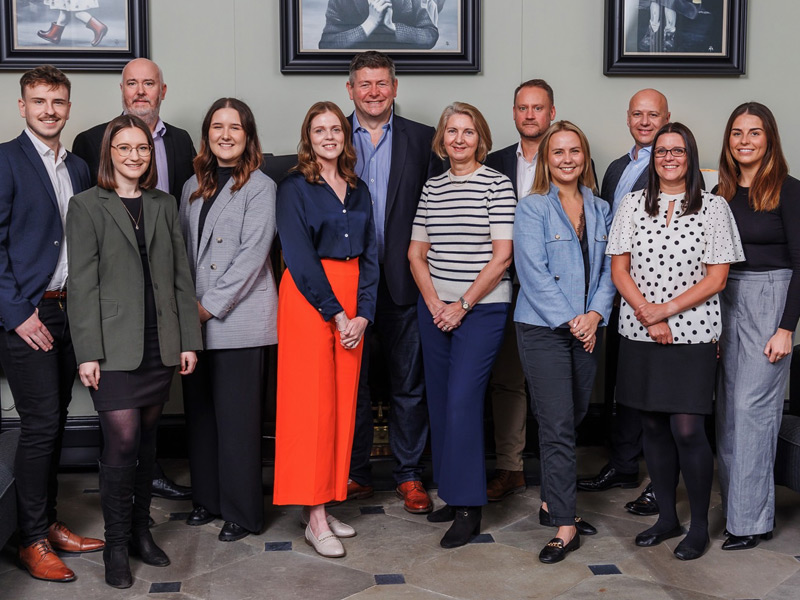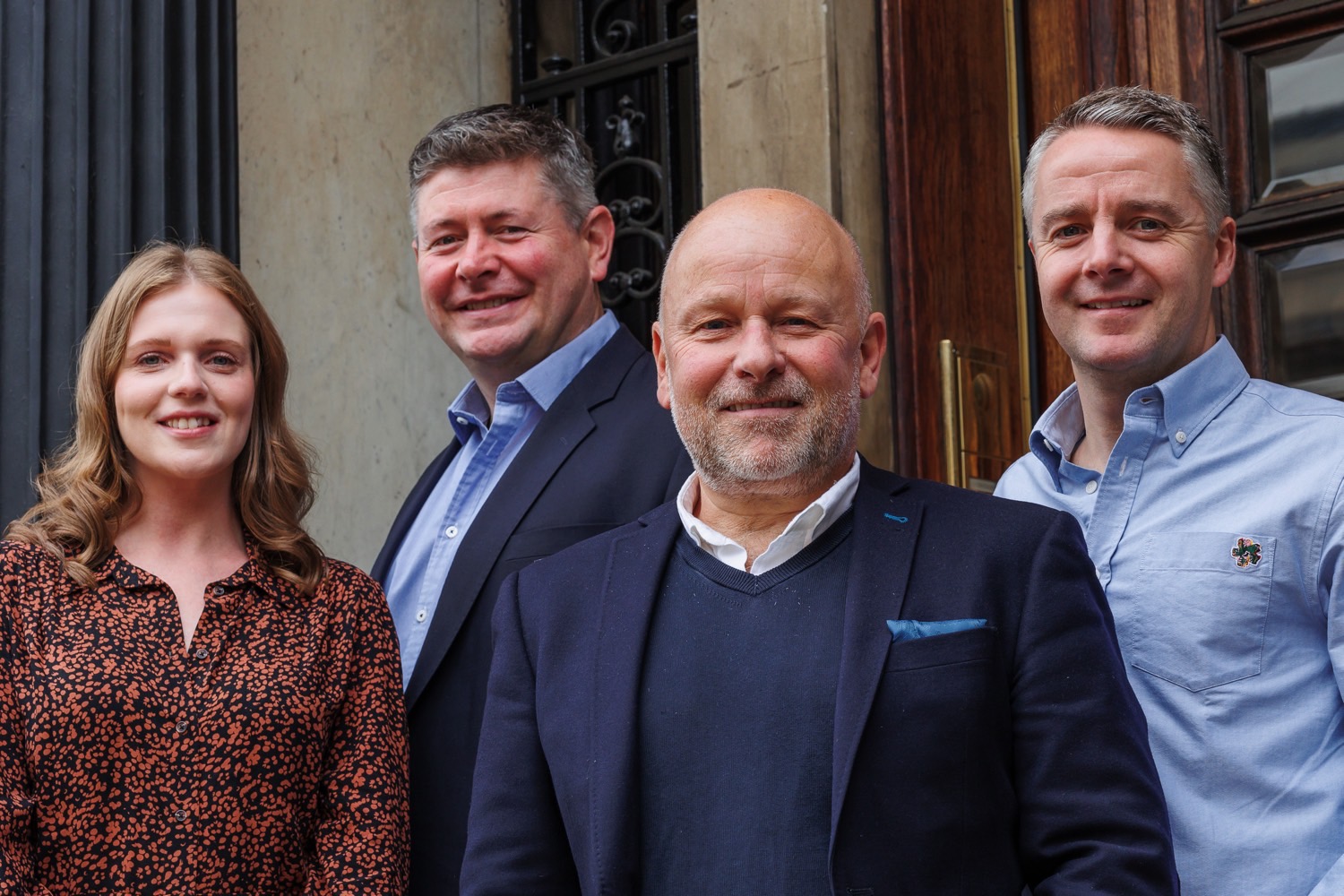







Experts in Executive Search
We are all about impact...
We are a market-leading executive search business with global reach, sector specialisms and functional expertise. We are focussed on the impact of each appointment we make and driven by the desire to help people and organisations realise their potential.
Contact Our Executive Search Specialists
We’d be delighted to provide further information. Get in touch with our team to find out how we can help you.
Featured Assignments...

Consultant Spotlight – Mark Lewis
Mark Lewis joined Livingston James Group as a start up in 2010, initially working for the executive search brand Livingston James, then moving on to set up the senior finance recruitment brand, Rutherford Cross as Managing Director in 2013, before joining the board of Livingston James Group in early 2020.
Livingston James Group is an employee owned business
We have become the first employee-owned business in our sector in Scotland.
Famous for excellence.
Our dynamic team has experience advising in a wide range of industries and sectors. We have led and developed businesses from board level, managing people and processes across countless specialisms and geographies. We can bring a unique perspective to your business needs.
Contact Our Executive Search Specialists
We’d be delighted to provide further information. Get in touch with our team to find out how we can help you.
Latest from the blog


Livingston James partner with The Scottish Library and Information Council (SLIC) to appoint Chief Executive
The Scottish Library and Information Council (SLIC) is the independent advisory body to the Scottish Government on library and information services. SLIC’s vision is to enrich lives through libraries and its mission

Livingston James Retained by Denholm Group to Appoint a Marketing & Communications Manager
Founded in 1866, The Denholm Group is a fifth-generation family business. To ensure the continued strength of the Group, each generation has carefully considered the longer-term view of the future. That is

Livingston James retained by Scotgrain to appoint new Commercial Manager
Scotgrain is now looking to appoint a new Commercial Manager to manage the successful operation of our Agrochemical and Agronomy business. This is an excellent opportunity for an experienced individual looking to work for a global business with a local feel.

Livingston James partner with The Scottish Library and Information Council (SLIC) to appoint Chief Executive
The Scottish Library and Information Council (SLIC) is the independent advisory body to the Scottish Government on library and information

Livingston James Retained by Denholm Group to Appoint a Marketing & Communications Manager
Founded in 1866, The Denholm Group is a fifth-generation family business. To ensure the continued strength of the Group, each

Livingston James retained by Scotgrain to appoint new Commercial Manager
Scotgrain is now looking to appoint a new Commercial Manager to manage the successful operation of our Agrochemical and Agronomy business. This is an excellent opportunity for an experienced individual looking to work for a global business with a local feel.












